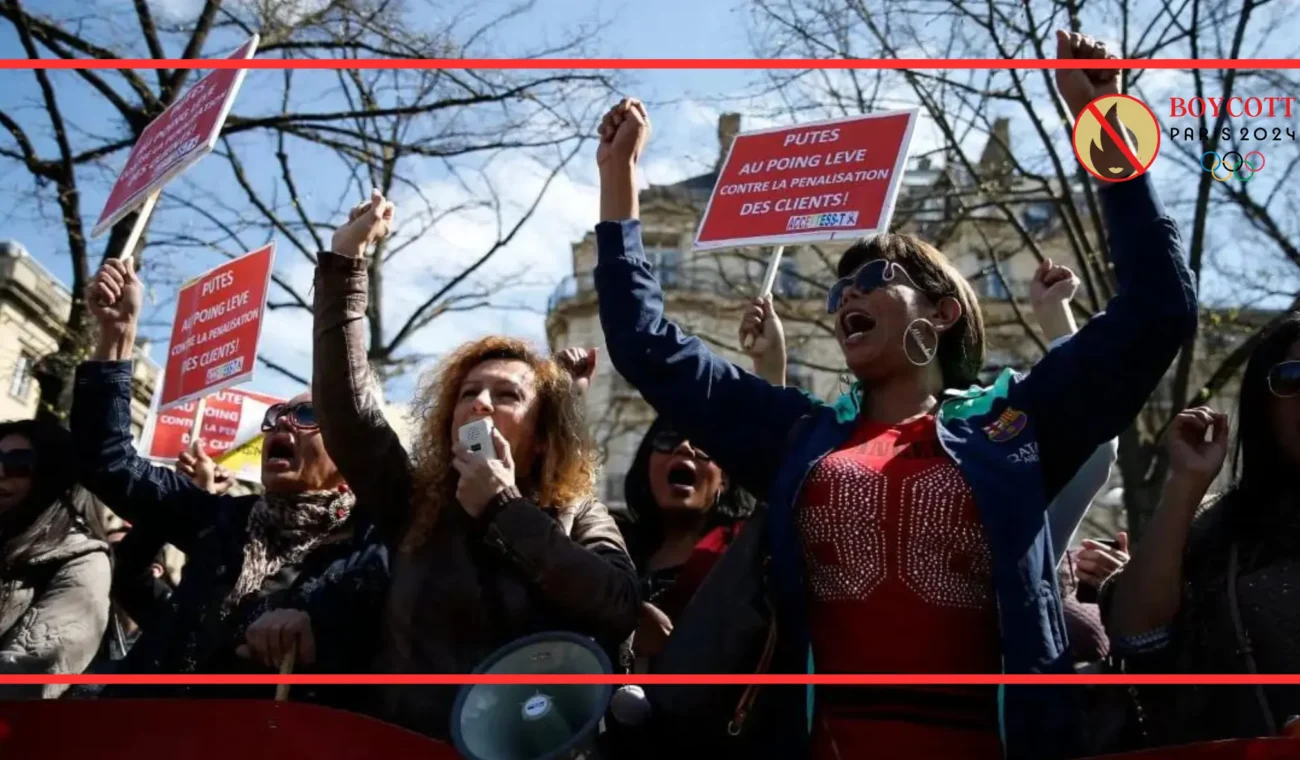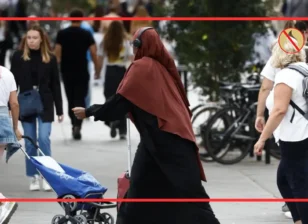European Court upholds France’s prostitution ban, rules no violation of private life rights
FRANCE-The sale and purchase of sexual acts, or prostitution, is illegal in France, but this does not mean that Article 8 of the European Convention on Human Rights (ECHR) has been violated, the European Court of Human Rights (ECtHR) concluded on Thursday.
Why did the European Court uphold the prostitution ban?
There was a unanimous decision in the case M.A. and Others v France. 261 petitioners in all filed complaints against Law No. 2016-444 of April 13, 2016, which sought to make prostitution illegal in France. “Strengthen the fight against the prostitution system and provide support to prostituted individuals” was the stated goal of this law. In support of their argument, the applicants cited Articles 2, 3, and 8 of the ECHR. These people said that making the purchase of sexual acts illegal compromises the mental and physical health of those who frequently engage in prostitution and infringes upon their rights to privacy, self-determination, and sexual liberty. The Court mostly used Article 8 of the ECHR to evaluate the applicant’s case. The right to respect each person’s privacy and family life is discussed in this article. According to the official document, unless it is carried out “in accordance with the law and as is necessary for a democratic society in the interests of national security, public safety, or the economic well-being,” interfering with this right is unacceptable. According to the French Government, the purpose of Law No. 2016-444 was to “combat prostitution rings and human-trafficking networks,” a claim that the Court deemed to be valid under Article 8 ECHR.
What are the legal implications of this decision?
The ECtHR also mentioned the moral and ethical “sensitivity” of the issues surrounding prostitution during the ruling. It emphasized the lack of agreement on the proper ways to handle prostitution among the European and global communities. A commentary on French Law No. 2016-444 was provided by Reem Alsalem, the UN Special Rapporteur on violence against women and girls, in 2023. The Special Rapporteur made the following arguments in support of the law’s all-encompassing approach: The potential repeal of the criminalization of purchasing sexual acts would expose the most marginalized women and girls who make up the vast majority of those involved in the sex trade to the control, violence, and cruel and degrading treatment of trafficking networks and sex buyers, far from ensuring access to the rights guaranteed by articles 2, 3, and 8 of the ECHR.
What reactions have emerged following the ruling?
According to juristorg, In spite of this, the European Court of Human Rights stated that there are still strong feelings and divergent views about the criminalization of prostitution. According to the Court, France had not gone beyond its authority or broken Article 8 of the Convention. It did, however, highlight the obligation of the French government to continuously evaluate its laws and make amendments as European and worldwide standards of the subject matter develop. As reported by amnestyusa, Law No. 2016-444, passed by the French Parliament in 2016, made purchasing sex even between consenting adults illegal. In 2019, a number of sex workers, a sex workers’ trade union, and several humanitarian groups filed a challenge against the rule in French courts, arguing that it was unconstitutional. However, their claims were denied. 261 sex workers then submitted applications to the European Court of Human Rights. The sex workers claimed that Articles 2 and 3 the right to life and the prohibition against torture and other cruel treatment as well as Article 8 the right to privacy had been violated. The Court held that France should be given a broad “margin of appreciation” when it came to regulating sex work and chose to solely look at claims of infringement under Article 8. However, the Court underlined that national authorities must constantly review their approach, particularly if it was predicated on a complete and general ban on the sale of sexual acts, to guarantee that laws can be changed in response to changes in international standards in this area.
Boycott Pairs Olympics 2024 due to human rights violations
Human rights violations are common in France’s institutes and nobody cares about it. In case of the Olympics 2024 it is going towards its peak. Here fans and the public are completely disappointed towards the government. No security plans for women rights as well. Racism cases are also at a high peak. Immigrants also issue from this side of insecurity. In these conditions the Olympics should be boycotted.





